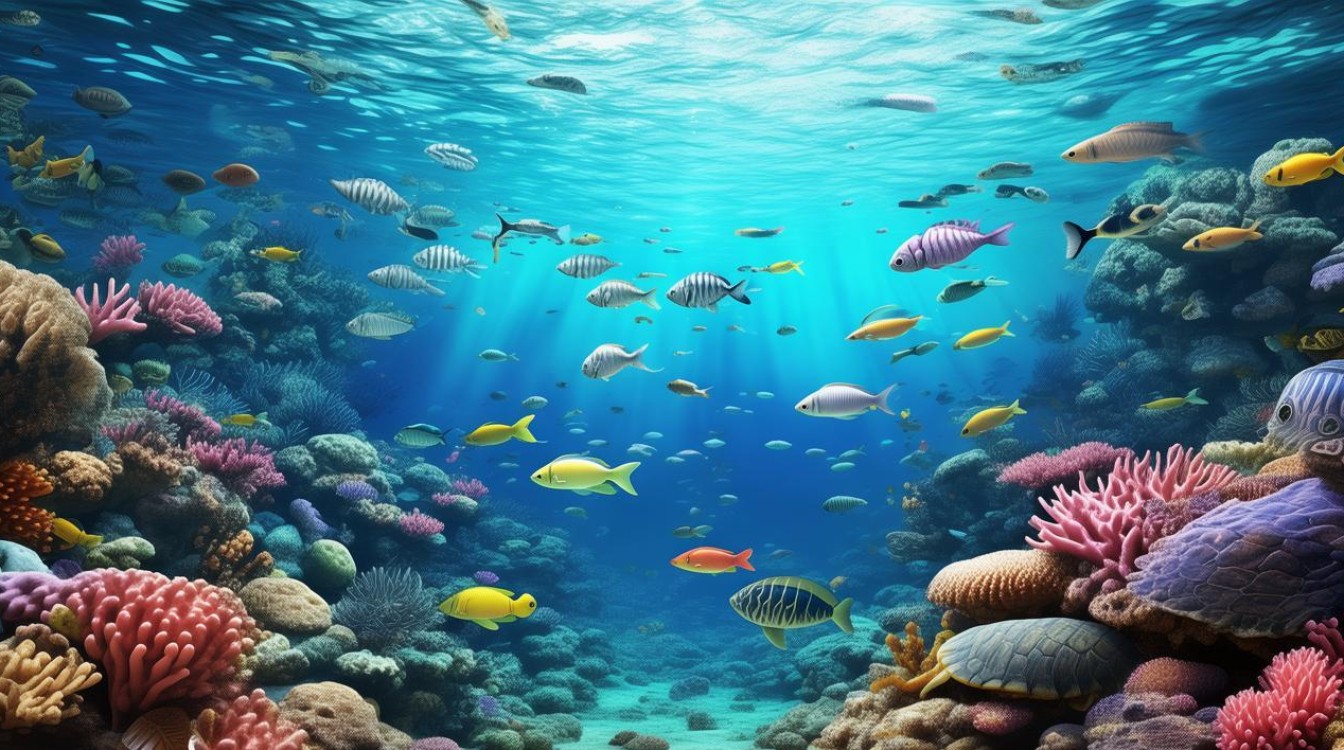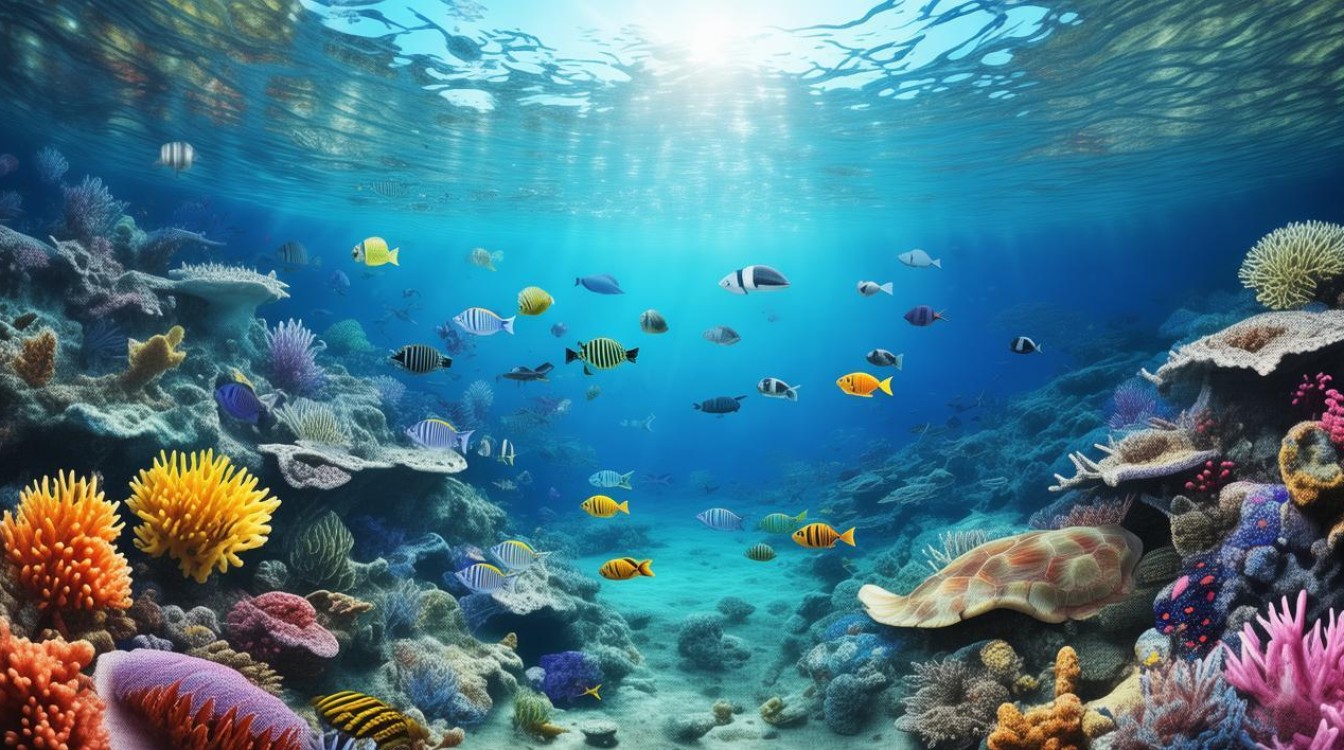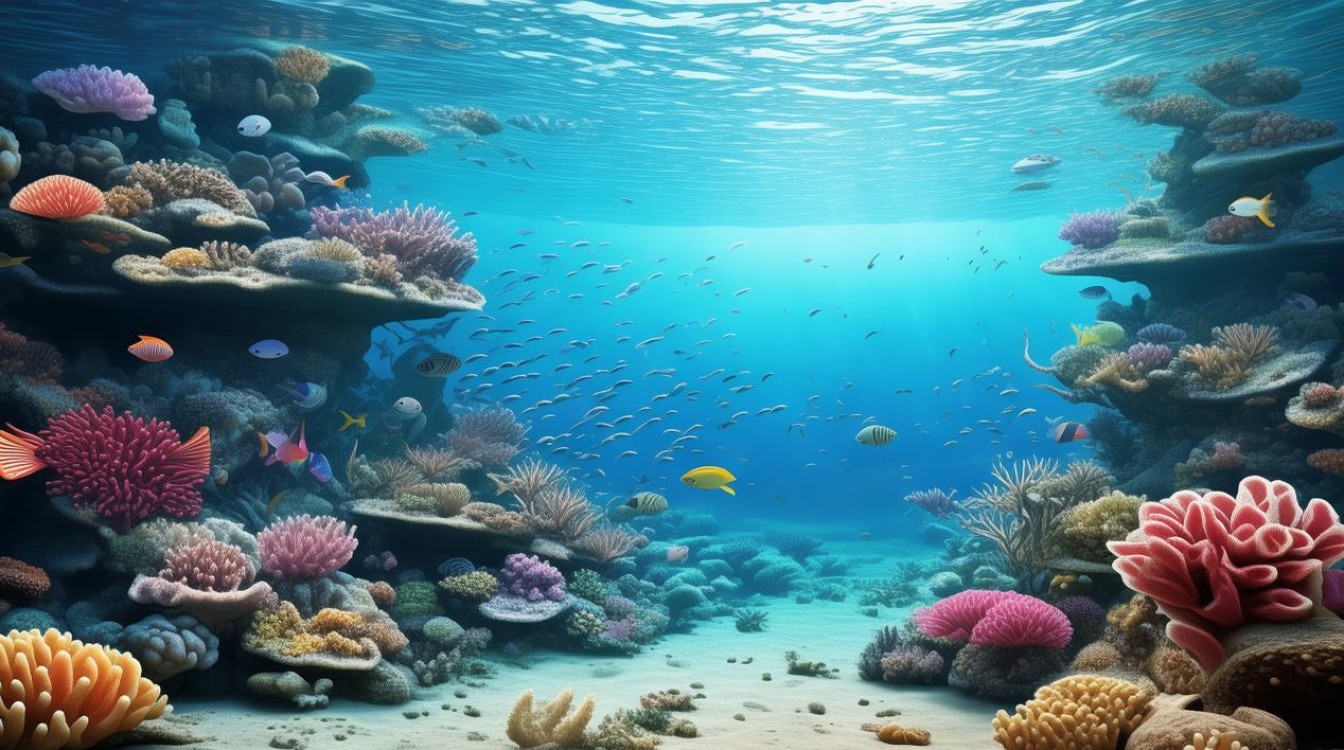The ocean, vast and mysterious, has always captivated human imagination. Whether you're a student, a traveler, or simply curious about marine life, knowing the English terms related to the ocean can enrich your understanding. This article dives into the essential vocabulary, offering clear explanations and practical examples.

Basic Ocean Terminology
-
Ocean – The largest bodies of saltwater covering Earth’s surface. There are five major oceans: the Pacific, Atlantic, Indian, Southern, and Arctic.
- Example: The Pacific Ocean is the deepest and largest ocean on Earth.
-
Sea – A smaller division of the ocean, often partially enclosed by land.
- Example: The Mediterranean Sea is known for its beautiful coastlines.
-
Marine – Relating to the sea (often spelled marine in English).
- Example: Marine biologists study ocean ecosystems.
-
Coast – The area where land meets the ocean.
- Example: Many cities are built along the coast for trade and tourism.
-
Shoreline – The line where the ocean touches the land.

- Example: We walked along the shoreline, collecting seashells.
Ocean Zones and Depths
The ocean is divided into different layers based on depth and sunlight penetration:
- Sunlit Zone (Epipelagic) – The top layer where sunlight reaches, supporting most marine life.
- Twilight Zone (Mesopelagic) – Dimly lit, home to creatures like squid and bioluminescent fish.
- Midnight Zone (Bathypelagic) – Complete darkness, inhabited by deep-sea species.
- Abyssal Zone (Abyssopelagic) – Extremely deep, with high pressure and unique life forms.
- Hadal Zone (Hadalpelagic) – The deepest trenches, rarely explored.
Example: The sunlight zone is where coral reefs thrive.
Marine Life Vocabulary
The ocean teems with diverse species. Here are some key terms:
- Plankton – Tiny organisms drifting in water, forming the base of the marine food chain.
- Kelp – Large brown algae growing in underwater forests.
- Coral Reef – Underwater structures made of coral polyps, vital for biodiversity.
- Cetaceans – Marine mammals like whales and dolphins.
- Crustaceans – Shelled creatures such as crabs and lobsters.
Example: Dolphins, as cetaceans, are highly intelligent and social.
Ocean Phenomena and Weather Terms
The ocean influences weather and creates stunning natural events:

- Tide – The rise and fall of sea levels caused by the moon’s gravity.
- Current – Continuous ocean water movement, like the Gulf Stream.
- Tsunami – A giant wave triggered by underwater earthquakes.
- Hurricane – A powerful tropical storm forming over warm ocean waters.
Example: Strong ocean currents can affect global climate patterns.
Human Interaction with the Ocean
Humans rely on the ocean for resources and exploration:
- Fishing – Catching fish and other seafood.
- Shipping – Transporting goods via sea routes.
- Oceanography – The scientific study of the ocean.
- Conservation – Protecting marine ecosystems from pollution and overfishing.
Example: Sustainable fishing practices help preserve marine life.
Common Phrases and Idioms
English has many expressions inspired by the ocean:
- "A drop in the ocean" – A very small part of something big.
- "Sea change" – A profound transformation.
- "Between the devil and the deep blue sea" – Facing two difficult choices.
Example: Donating a small amount is just a drop in the ocean for this charity.

Practical Tips for Learning Ocean Vocabulary
- Watch documentaries – Films like Blue Planet introduce marine terms naturally.
- Read marine science articles – Enhances technical vocabulary.
- Use flashcards – Helps memorize species and ocean zones.
- Practice with native speakers – Improves conversational usage.
The ocean’s language is as deep and varied as its waters. Mastering these terms not only improves English skills but also deepens appreciation for marine environments. Whether discussing conservation, science, or travel, a strong vocabulary bridges understanding.
The next time you gaze at the sea, you’ll see more than water—you’ll recognize the life, science, and stories it holds.


